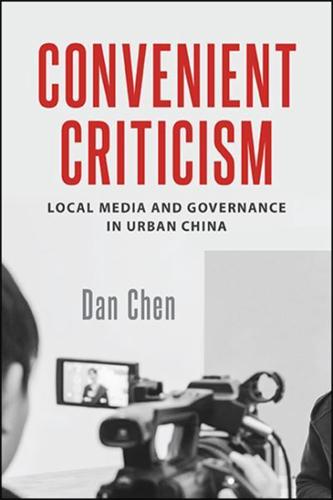Publisher's Synopsis
Why and how does critical reporting persist at the local level in China despite state media control, a hallmark of authoritarian rule? Synthesizing ethnographic observation, interviews, survey and content analysis data, Convenient Criticism reveals evolving dynamics in local governance and the state-media relationship. Local critical reporting, though limited in scope, occurs because local leaders, motivated by political career advancement, use media criticism strategically to increase bureaucratic control, address citizen grievances, and improve governance. This new approach to governance enables the shaping of public opinion while, at the same time, disciplining subordinate bureaucrats. In this way, the party-state not only monopolizes propaganda but also expropriates criticism, which expands the notion of media control from the suppression of journalism to its manipulation. One positive consequence of these practices has been to invigorate television journalists' unique brand of advocacy journalism.










